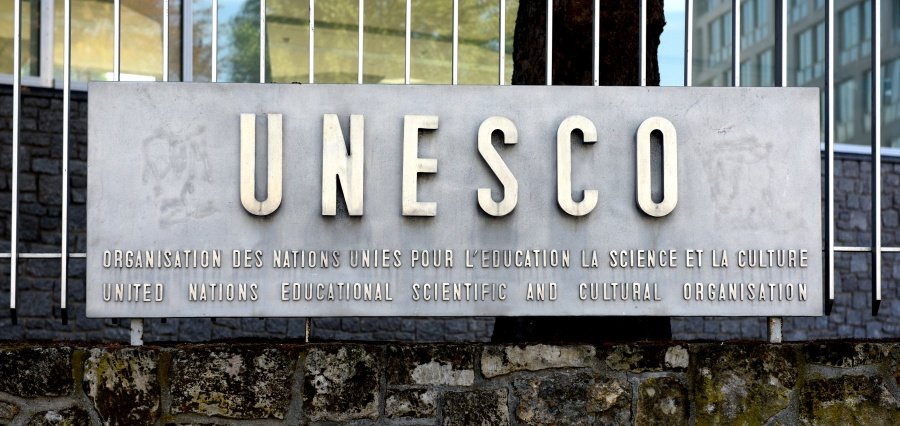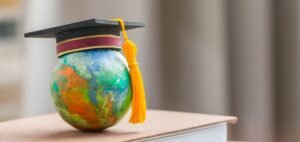From 23 to 25 September, a team from the LLECE Laboratory visited Ecuador to present results from technical support the Laboratory had provided to the Multi-Year Resilience Programme for Educational Inclusion. This programmatic initiative, with the support of the global fund Education Cannot Wait, will strengthen the quality of education in emergencies and protracted crises, being led by the UNESCO office in Quito.
This first stage saw a request from Ecuador for technical assistance to assess socio-emotional skills of students in MYRP schools, who were considered to have high levels of empathy and openness toward diversity, among others. These had been examined recently in the Regional Comparative and Explanatory Study (ERCE 2019).
A discussion with representatives from Ecuador’s Ministry of Education and INEVAL, the National Institute for Educational Assessment, on topics such as a broad range of educational issues took place. Particularly discussed were the plans concerning the next ERCE in 2025 and socio-emotional learning within the Ecuadorian curriculum. Opportunities for cooperation in educational assessment in the future were discussed as well.
Participants were also given the outcome of the ERCE Schools pilot project shared with representatives from five participating educational centers. The project assessed the reading and mathematics learning of third-grade students at the beginning and end of the school year. Preliminary results indicated significant progress and, accordingly, this initiative is to be expanded to other parts of the country.
This partnership answers a shared commitment to improved education outcomes and socio-emotional student learning by UNESCO and Ecuador. According to Carlos Henriquez, General Coordinator of UNESCO’s LLECE Laboratory, on the visit to Ecuador, “This visit allowed us to bring forward an educational agenda that generates evidence and data to inform each school’s decision making. This is a call to action that would contribute to understanding the state of students’ learning to make opportunities for interventions that advance educational equity and quality.”
For More Details: https://theeducationleaders.com/




